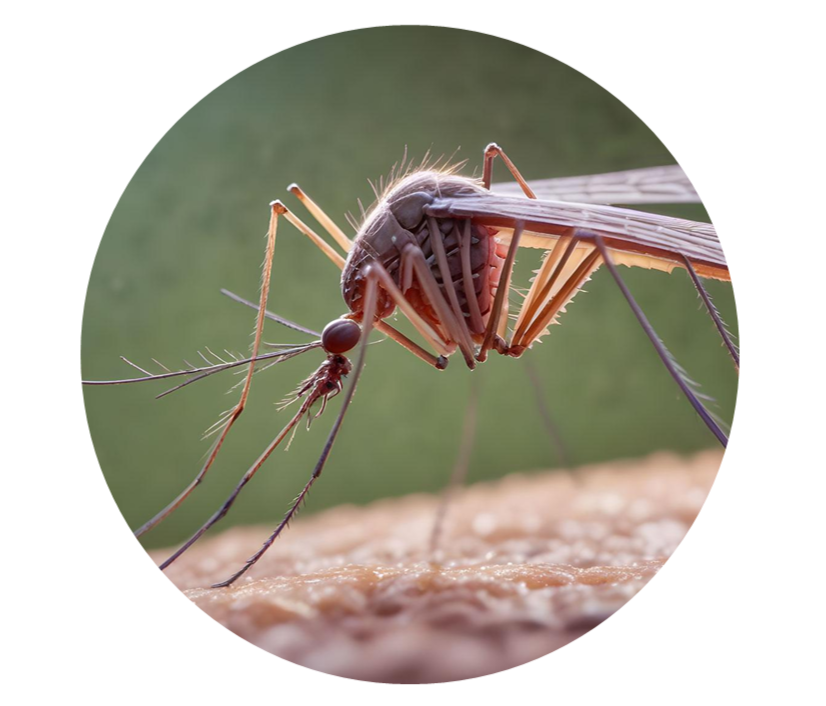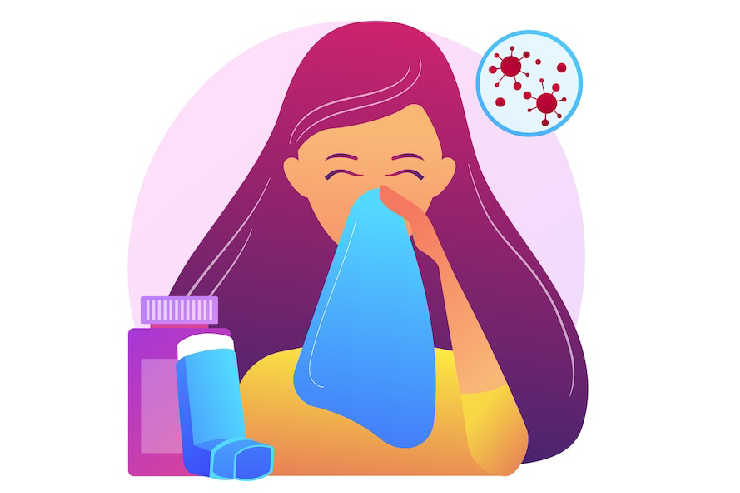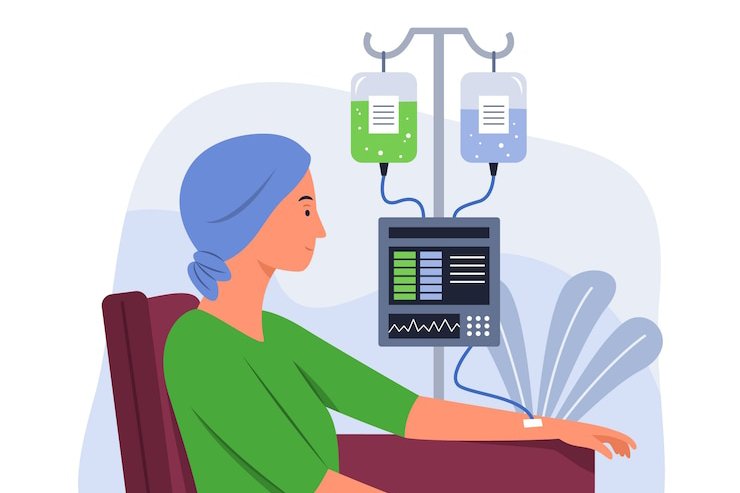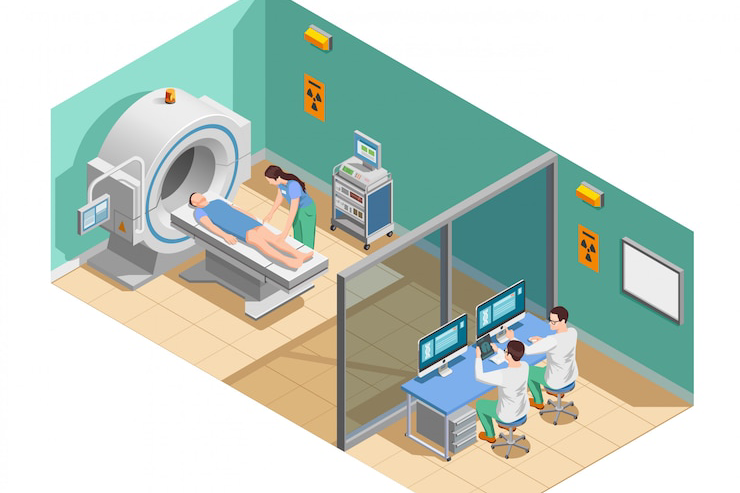
Dengue: What You Need to Know – A Guide from ITM Hospital
Dengue fever, often called “breakbone fever” due to its severe muscle and joint pain, is a growing public health challenge in India and across the globe. At ITM Hospital, we believe that informed communities are empowered communities. Here’s everything you need to know about dengue: its causes, symptoms, prevention, and how you can protect yourself and your loved ones.
What Is Dengue?
Dengue is a viral illness caused by the dengue virus, which has four closely related strains. It is transmitted to humans through the bite of infected Aedes mosquitoes, particularly Aedes aegypti, also known as the “tiger mosquito” for its black and white stripes. Dengue is not spread directly from person to person; the mosquito acts as the carrier, picking up the virus from an infected person and passing it on to others.
Why Is Dengue a Big Deal Right Now?
Dengue is endemic in over 110 countries, with Southeast Asia and South Asia being hotspots. In 2024 and 2025, the world witnessed record-breaking outbreaks, with more than 13 million cases reported in 2024 and over 6 million cases already in 2025. Climate change, rapid urbanization, and increased travel have all contributed to the spread of the disease into new regions.
Recognizing Dengue: Symptoms to Watch For
Dengue symptoms typically appear 3 to 14 days after being bitten by an infected mosquito. While many cases are mild or even asymptomatic, classic dengue fever often includes:
- Sudden high fever (up to 104°F or 40°C)
- Severe headache, especially behind the eyes
- Intense muscle and joint pain (hence “breakbone fever”)
- Nausea and vomiting
- Skin rash, which may appear a few days after the fever
- Mild bleeding (nosebleeds, gum bleeding, easy bruising)
Most people recover within a week or two, but a small percentage develop severe dengue (also known as dengue haemorrhagic fever or dengue shock syndrome), which can be life-threatening. Warning signs of severe dengue include:
- Severe abdominal pain
- Persistent vomiting
- Rapid breathing
- Bleeding gums or nose
- Blood in vomit or stool
- Extreme fatigue, restlessness, or feeling very weak
If you or someone you know experiences these symptoms, seek immediate medical attention.
How Is Dengue Diagnosed and Treated?
There is no specific antiviral treatment for dengue. Diagnosis is usually based on symptoms and, if needed, confirmed by blood tests. Most cases can be managed at home with:
- Rest and plenty of fluids
- Acetaminophen (paracetamol) for pain and fever (avoid ibuprofen and aspirin, as they can increase bleeding risk)
Severe cases require hospitalization for close monitoring, intravenous fluids, and supportive care. After recovery, fatigue can persist for several weeks.
Prevention: Your Best Defense Against Dengue
Because there is no widely available vaccine or cure, prevention is crucial. Here’s how you can protect yourself and your community:
Personal Protection:
- Wear long-sleeved shirts and long pants, especially during the day when Aedes mosquitoes are most active.
- Use mosquito repellents containing DEET, Picaridin, or IR3535 on exposed skin.
- Sleep under mosquito nets if resting during the day.
- Ensure doors and windows have tight-fitting screens or wire mesh to prevent mosquitoes from entering.
Reduce Mosquito Breeding:
- Empty, scrub, and cover water storage containers weekly.
- Dispose of unused items that can collect rainwater, such as tires, cans, and coconut shells.
- Change water in flower vases, plant pots, and bird baths every week.
- Ensure proper disposal of solid waste to eliminate breeding sites.
Community Action:
- Participate in cleanliness drives and awareness campaigns.
- Encourage your school, workplace, and neighbourhood to implement mosquito control measures.
The Role of Awareness and Education
At ITM Hospital, we believe that awareness is the first step toward prevention. School children, families, and communities must be educated about the risks of dengue and the simple actions that can make a big difference. Activities like poster competitions, awareness walks, and community clean-up drives can help spread the message.
Final Thoughts: Stay Vigilant, Stay Safe
Dengue is a preventable disease. By taking personal precautions and working together as a community, we can reduce the risk of outbreaks and protect our families. If you develop symptoms of dengue, don’t delay—consult a healthcare professional at ITM Hospital for timely diagnosis and care.
Let’s fight dengue together—because prevention begins with you!



